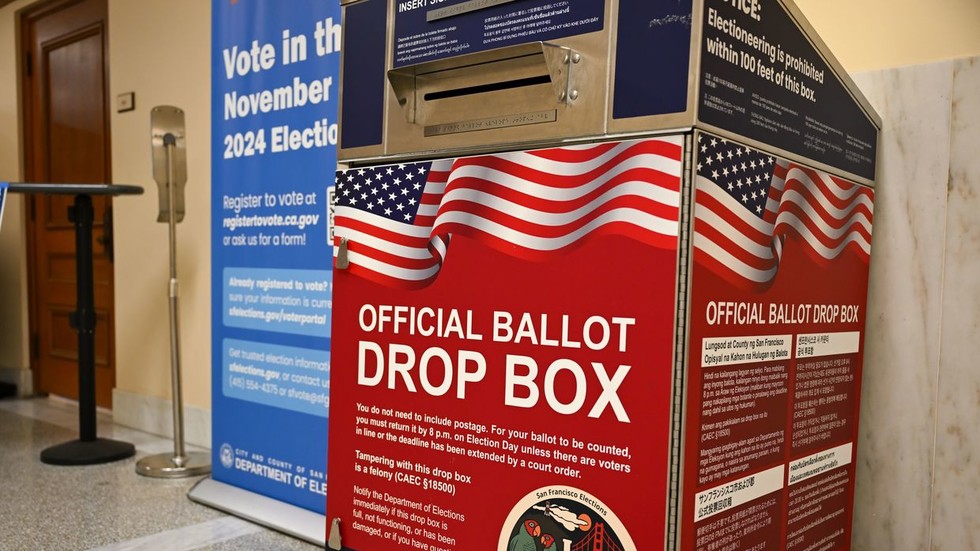In Washington state, election officials are grappling with security concerns following a series of incendiary attacks that destroyed over 400 ballots just days before the presidential election scheduled for November 5. The FBI is investigating the arson incidents, which occurred in multiple locations, including Vancouver and nearby Portland, Oregon. The attacks have heightened tensions around the election process, prompting both state and local officials to tighten security protocols and reassure voters about the integrity of the electoral process. These incidents are not only a reflection of growing unrest regarding the electoral process but also illustrate the potential threats posed by politically motivated violence.
In response to the fires, which were a clear attempt to disrupt the election, election officials have announced enhanced security measures for ballot drop boxes. Specifically, officials in various counties, including King County, are increasing the frequency of ballot collection, moving from once every 24 hours to twice daily. This change aims to address voter concerns that have been amplified by the fires, with many individuals now opting to deliver their ballots in person to ensure their safety and security. Despite the incidents, officials maintain confidence in the security of the drop boxes but recognize the necessity of making adjustments to accommodate voters’ feelings of unease.
The incendiary devices used in the Vancouver attacks carried messages linking the violence to the Palestinian cause, raising questions about the motives behind the assaults. The involvement of such politically charged symbols may suggest that the attackers sought to present their actions as part of a broader political statement. This connection has prompted extensive investigations, as authorities are concerned that the individuals responsible may strike again. Officials have noted the imperative of identifying and apprehending the perpetrators to prevent further acts of intimidation against voters and election officials alike.
Washington’s Secretary of State, Steve Hobbs, condemned the attacks, labeling them as “horrible terrorist acts” aimed at undermining the democratic process. Similarly, King County Prosecuting Attorney Leesa Manion emphasized that any efforts to intimidate voters would not be tolerated and would be pursued with the full weight of the law. These strong statements from state leadership reflect the seriousness of the situation and the commitment to protecting voter rights. Election officials are determined to ensure that these violent acts do not deter citizens from participating in the upcoming election.
The incidents in Washington come against a backdrop of heightened political tensions, with both major parties accusing each other of undermining public confidence in the electoral process. The atmosphere of mistrust has led to fears of potential civil unrest following the election, regardless of the outcome. Law enforcement agencies across the country, including those in Washington D.C., have begun implementing security measures ahead of the inauguration of the next president. These preparations include establishing barriers around the Capitol to deter possible disturbances, further indicating the prevailing apprehension surrounding the electoral process.
As the election date approaches, it is crucial for state officials and law enforcement to collaborate effectively in safeguarding the integrity of the election. Balancing increased security with the need for accessible voting mechanisms presents a challenging dilemma. The incidents in Washington state highlight the vulnerabilities within the electoral process and underscore the importance of addressing security concerns comprehensively. Ultimately, the commitment from both state and local officials to enhance ballot security and ensure voter safety is essential for fostering trust in the electoral process and ensuring a fair election amidst turbulent times.

